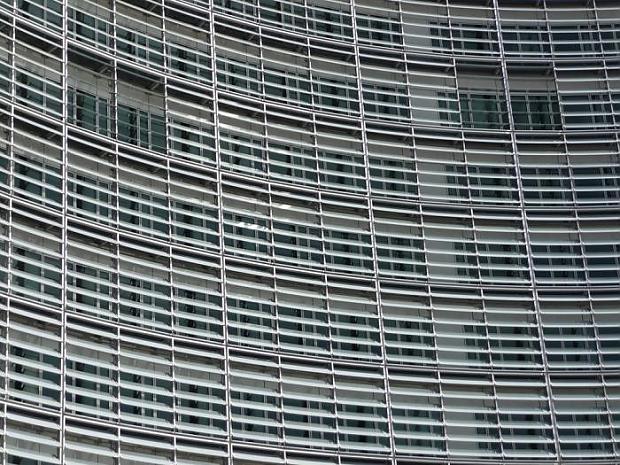In the shadows: lobbyists at the European Commission
In the shadows: lobbyists at the European Commission

In the Netherlands, Parliament has repeatedly discussed the contacts maintained in connection with the abolition of the tax on dividends between Prime Minister Mark Rutte and other members of his government on the one hand, and multinationals such as Shell and Unilever on the other. All we got by way of enlightenment were dribs and drabs. Something similar has been played out in Brussels. This week the EU Observer published an article in which it was established that virtually nothing is reported about meetings between European Commissioners and lobbyists. When things are done properly, meetings and their subjects are recorded in a register, but many social organisations complain that this doesn't tell them very much. That's why I'm happy to support the call from the EU Observer to have, from now on, proper reports made of such meetings.
Officially, European Commissioners are simply senior officials. However, even if we in the SP don't agree with this, the Commission also has the right of initiative, which is to say that all legislative proposals come from that body. Meeting with a European Commissioner thus means that you can influence the legislative process from the word go. The Commission is always banging on about transparency, pointing the finger at the member states where ministers are much less transparent about their meetings with lobbyists. That's true enough, but that doesn't mean it's a good thing, as the business of the dividend tax shows. If Rutte had kept reports of his meetings, Parliament would have been able to do its job of monitoring the government a great deal better. And EU legislation has by definition much greater significance for multinationals than does that of individual states: as a CEO once said, I don't come to The Hague very often, Brussels is certainly important, but actually I'm a world-player.
If the Commission finds transparency so important, what have they got against writing reports of meetings with lobbyists and then making these public? In the European Parliament more and more MEPs are cooperating with the idea of the 'legislative footprint', making it clear which lobbyists they have met with and which have had an influence on their legislative reports. This remains voluntary, but I'd like to see it made compulsory. The mood amongst journalists and inside the European Parliament is changing, and not everyone accepts that the Brussels bubble ultimately depends on lobbyists. If things are as they should be, we work for Europe's public. That is to whom we must account for what we do, and not to big capital's lobbyists. It is for these reasons that I heartily support the EU Observer in its campaign for openness.
